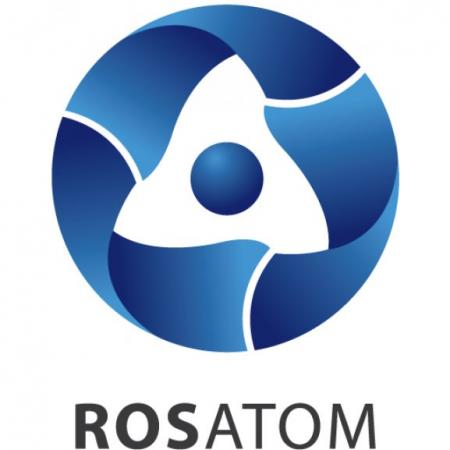Part 3 of 3 Parts (Please read Parts 1 and 2 first)
After President Barack Obama took office in 2009, the Democratic administration deleted funding for new nuclear waste-recycling research from the Energy Department’s budget. The Obama administration also canceled the Yucca Mountain storage project in what the federal Government Accountability Office later decided was a political decision made to appease the Nevada constituents of then-Senate Majority Leader Harry Reid (D-N.V.).
Federal law dictates that Yucca Mountain be the first nuclear waste repository in the country. This means that the U.S. can not consider alternative sites to bury spent nuclear fuel until Congress changed the law.
The Nuclear Regulatory Commission stopped working on a rule to give nuclear recycling companies guidelines for ultimately securing a license in 2021. Piercy said, “At some point, they’re going to have to pick it back up again.”
The funding in the latest bill could put pressure on the agency to restart the process. Piercy remarked that,
“It doesn’t need to happen overnight.... I don’t think commercial recycling is going to happen in the next decade. But it makes sense to start now in clearing out the regulatory barriers to allow commercial recycling.”
In 2022, Russia invaded Ukraine, creating chaos in energy markets as European democracies sought to stop buying natural gas and oil from Moscow. The skyrocketing prices that came from brief missed shipments of fuel highlighted a key benefit of nuclear power. Nuclear reactors only need to be refueled every few years, insulating countries from price fluctuations in globally traded fossil fuels.
There was one major problem with purchasing nuclear fuel from Russia. The state-owned nuclear company, Rosatom, is the world’s biggest exporter of nuclear technologies and the only commercial vendor for a key type of uranium fuel needed for next-generation reactors.
Moscow’s dominance in nuclear energy is so important to the world that, even as the U.S. and its allies have sanctioned virtually every major energy export coming from Russia, Rosatom remains untouchable.
The Biden administration has begun spending millions of dollars to generate more of that rare type of nuclear fuel, called high-assay low-enriched uranium, or HALEU (pronounced HAY-loo). The U.S. House of Representatives spending bill includes as much as two and a half billion dollars for producing both traditional nuclear fuel and HALEU at home in the U.S.
The U.S. government has so far prohibited funding for HALEU from going to companies making the fuel out of spent nuclear fuel. The Energy Department has previously said it could not guarantee that the HALEU fuel made from spent nuclear fuel would meet the purity standards required for the new advanced reactors.
The Energy Department is already recycling its own nuclear waste to generate HALEU fuel. Roughly half of this HALEU fuel so far has gone to Oklo Inc. The Energy Department said it has plans to finish reprocessing all ten metric tons of HALEU from an old research reactor at the Idaho National Laboratory in 2028.
McGinnis said, “We’re reprocessing with taxpayer dollars right now. We’ve known how to do reprocessing since freaking Oppenheimer. They’re already doing it.”
